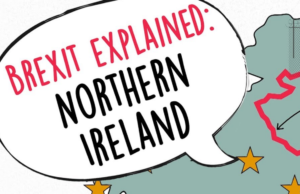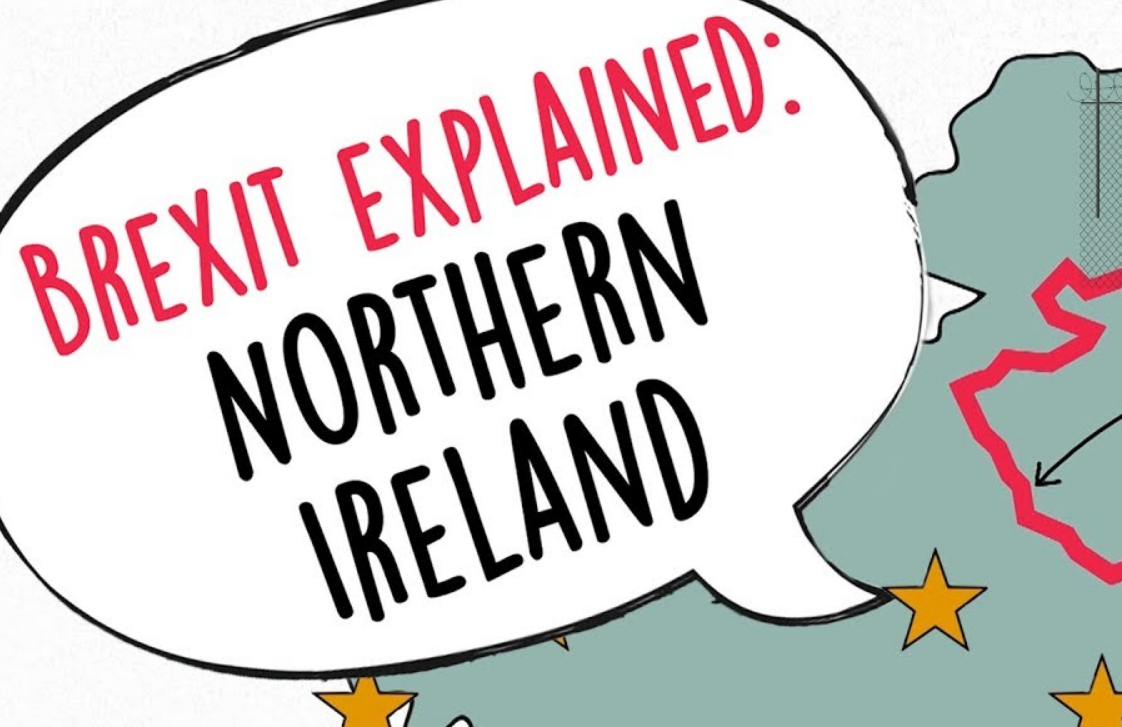Following the United Kingdom’s exit from the European Union, often known as Brexit, Irish tax and trade companies have had to adapt to substantial operational changes and problems. This article examines the various ways that Brexit has affected these companies, with an emphasis on the effects on trade laws, taxes, and the economy.

Customs and Tariffs
Businesses that trade between Ireland and the UK now have to pay tariffs and customs duties, which did not exist in the EU single market prior to Brexit. Irish companies engaged in cross-border trade now face higher administrative expenses and responsibilities as a result.
VAT Changes in Country
Brexit has resulted in changes to VAT laws that affect companies who trade with Ireland and the UK. The new VAT regulations that apply to Irish enterprises currently include adjustments to VAT rates, import/export protocols, and the imposition of VAT on products and services that are traded with the United Kingdom.
Supply Chain Disruption
Irish businesses that depend on exports to or imports from the UK have experienced supply chain disruptions due to the implementation of border restrictions and customs checks following Brexit. Transportation delays, more paperwork, and extra expenses have hurt Irish businesses’ productivity and ability to compete.
Regulatory Compliance and Tax Implication
Brexit has made adherence to a new set of rules regulating trade between Ireland and the UK necessary. Businesses’ operations become more complex as a result of having to maintain awareness of regulatory changes, guarantee compliance with customs rules, and modify their procedures to meet new standards. Brexit has also had an impact on Irish businesses’ tax environment. Customs taxes, transfer pricing, and corporate taxation are all affected by changes in cross-border trade agreements. For Irish businesses to minimize tax risks and maximize their tax positions, these developments must be properly navigated.
Final Thoughts
Brexit has posed serious obstacles and changes for Irish tax and trade companies, affecting many facets of their operations such as supply chains, VAT laws, customs processes, regulatory compliance, and taxation. Proactive adaptation methods, market diversification, and government support can help Irish businesses minimize risks and seize emerging possibilities in a post-Brexit scenario, even though handling these issues may seem overwhelming.

I’m Orla, a seasoned Tax Accountant and passionate blog writer with a mission to demystify the intricate world of Value Added Tax (VAT). With a career spanning over a decade in the realms of finance and taxation, I have honed my expertise to assist businesses and individuals in navigating the complex landscape of VAT regulations.
My journey into the world of finance and taxation began with a strong fascination for numbers and a desire to make a meaningful impact. Armed with a degree in Accounting, I embarked on a career that would see me becoming a trusted advisor to businesses of all sizes. Over the years, I have had the privilege of helping countless clients optimize their financial operations and ensure compliance with VAT laws. Connect with me through my blog, where you’ll find insightful articles, practical advice, and a friendly voice to guide you through the intricate world of Value Added Tax.
